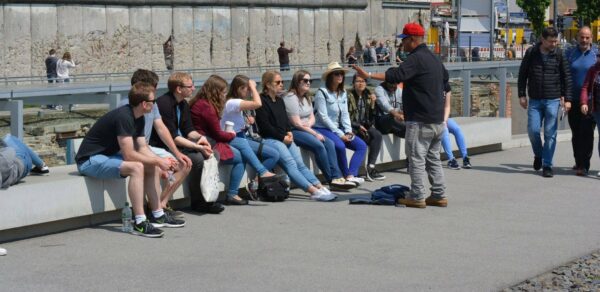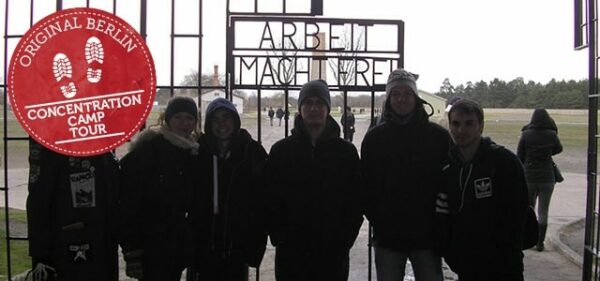If you are a Berlin tourist and you wish to have an understanding of the period of World War II and the holocaust, a Berlin concentration camp tour is an eye opening and the most informative tour. From museums and other historically significant locations visiting to listening to the stories that helped unveil the most brutal aspects of human history, this tour is a unique opportunity to remind us of the individuals who lost their lives in these camps and to learn the lessons that can be learned from those events.
Holocaust and Concentration Camps: About
Before going to learn the facts about concentration camps, one should have some idea about holocaust and purpose of camps existence. Adolf Hitler of the Nazi party led Germany with a political and social agenda of annihilating millions of Jews and other groups such as the Romani, disabled people, homosexuals, and political opponents.
The primary purpose of the concentration camps was to imprison and kill their prisoners; to torture those considered pests by the Nazis. These camps were mini concentration camps where people were denied their rights and freedom and experienced hard core suffering. We can also mostly go to these sites and pay homage to those who perished in those horrible acts in the past.
Some of The Significant Concentration Camp Locations Near Berlin
Here are two notable concentration camp sites near Berlin that you can visit:
The Sachsenhausen Concentration Camp
Sachsenhausen was another concentration camp that the Nazis set up, and this was less than an hour drive north of Berlin. It had a great importance in the formation and enlargement of the brutal network of concentration camps as a prototype for others. Tours about Sachsenhausen are accompanied by a thorough presentation of life at the camps, showing the treatment of prisoners, and the overall dark history of the area.
Concentration Camp Ravensbrück
Ravensbrück for women was the largest women only camp during the totality of Nazi domination. Located about 90 kilometres north of Berlin, it accommodated tens of thousands of women from different countries. Accompanying the footage, visiting the Ravensbruck concentration camp is a chance to get acquainted with the specifics of the lives of women imprisoned there, their suffering.
The Tour Features and Expectation
When taking a Berlin Concentration Camp Tour, you can expect the following highlights:
Guided Tours: Licensed tour services will guide visitors through the camps, providing some background knowledge, as well as their own experience in combining history with modern complexes.
Historical Exhibits: Most camps have set aside few museums where there are real life photos, letters, clothes and anything that can link the living to the victims.
Memorial Sites: These tours normally take one to the memorial and monuments in honor of the victims which presents an opportunity to make some reflections.
Educational Experience: The tour guides will give the background of the events and ensure that the people visiting have a proper appreciation of the holocaust Shocking Guinness world records!!!
Personal Stories: The following are the highlights: During the tour, you will get a touch of the human side of victims, alongside numerous facts and statistics to wade through.
Surviving tips for having a meaningful experience
Here are a few tips to make your Berlin Concentration Camp Tour a meaningful experience:
Observe dressing codes that are appropriate because the areas are mourning grounds.
Take water and snacks too because the tours are tiring, both for the heart and the feet.
During your visit to the memorials, bring time for reflection and keep off such activities as taking pictures, going for a swim among others.
Make inquiries and participate with the tour guide so that to gain more insights.
Treat the sites and other patrons appropriately avoid making loud noises.
It is a bitter and sorrowful experience which one can attend the concentration camps. Before visiting these tours it is crucial to be receptive, open minded, and willing to allow the knowledge about past events not to be repeated in the future.
Please bear in mind that whenever you decided to take Berlin Concentration Camp Tour, know that you are helping to maintain memories alive and paying due respect to the millions of souls who where cut short during one of the worst act of cruelty ever known in the history of mankind.
Table of Contents







